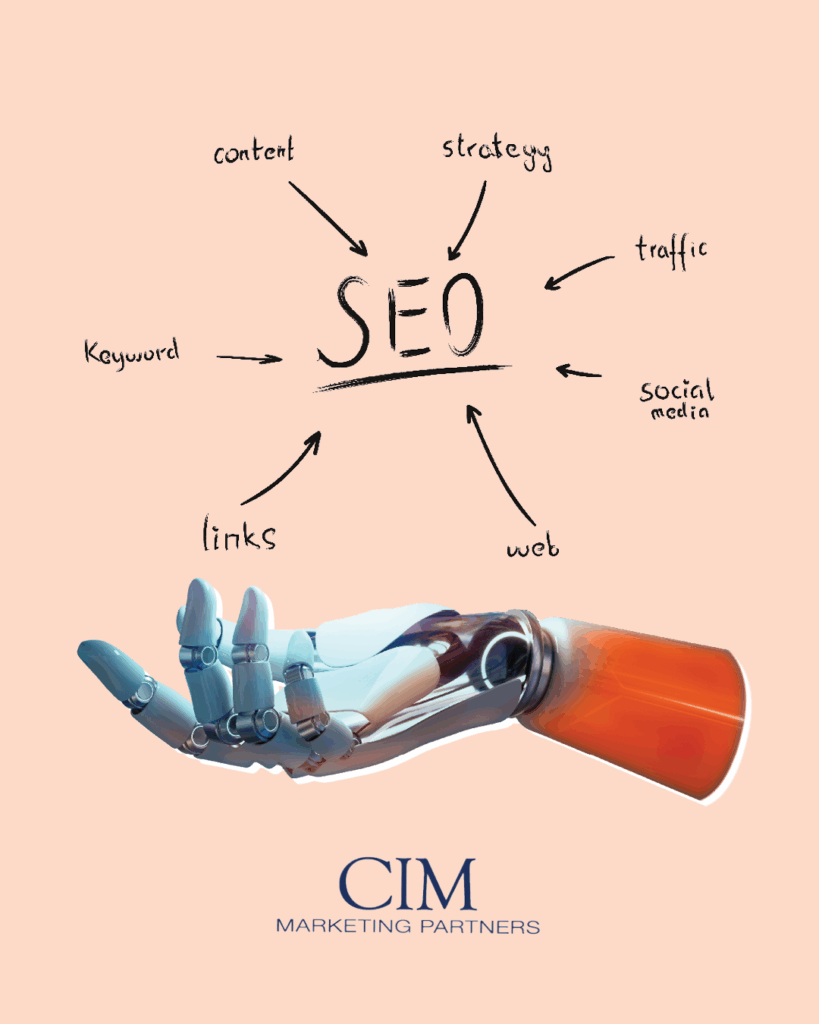
I’ve been reading about Google’s new AI Mode for weeks now, and the more I dig into what early users are reporting, the more convinced I am that we’re looking at a fundamental shift in how search works. Not just a new feature—a completely different game.
If you haven’t heard about AI Mode yet, here’s the short version: Google is testing a search experience that gives you full, conversational answers instead of just links. Think ChatGPT, but with real-time web data and source citations. It’s currently available through Google Labs to select users, but all signs point to a broader rollout soon.
And from what I’m seeing in the early reports? It’s pretty remarkable.
What People Are Actually Experiencing
The feedback from early users has been eye-opening. Instead of the usual “here are 10 blue links, good luck,” AI Mode is delivering structured, comprehensive answers that feel like talking to a knowledgeable colleague.
One user described asking about starting a small business and getting a response that covered legal requirements, tax considerations, and funding options—all in one coherent answer, with links to dive deeper into each area. No bouncing between multiple searches, no trying to piece together information from different sources.
The key difference: Traditional search makes you do the work of finding and synthesizing information. AI Mode does that synthesis for you, then gives you the sources to verify or expand on what it found.
Here’s what’s standing out in the early reports:
Complex questions are becoming the norm. People are asking things like “What are the pros and cons of different email marketing platforms for a nonprofit with a small budget?” instead of just searching “email marketing software.”
Engagement times are way up. Users are reportedly spending 2-3 times longer with search results, reading through the AI responses and following source links.
Source quality matters more than ever. The AI is pulling from multiple sources to build its responses, but it’s being selective about what it considers authoritative and helpful.
The Reality Check That’s Got Me Worried
Here’s what’s keeping me up at night: Several SEO experts who’ve tested AI Mode are reporting that websites they considered well-optimized aren’t showing up in AI responses at all. Not because they’re not ranking—they’re still appearing in traditional search. But their content isn’t substantial or clear enough for the AI to find useful.
This isn’t about keyword density or meta tags anymore. It’s about whether your content actually helps people solve problems.
One tester mentioned searching for information about content marketing and finding that some big-name marketing blogs didn’t make it into the AI response, while smaller, more focused resources did. The difference? Depth and practical value over SEO optimization.
That’s a wake-up call for a lot of us.
What This Probably Means for Your Website
I’m still processing all of this, but a few things seem clear from what early users are reporting:
Thin content is going to struggle. Those 300-word blog posts designed primarily to capture long-tail keywords? They’re not going to cut it in a world where AI is looking for comprehensive, helpful information to synthesize.
Structure matters more than ever. Users are noting that AI Mode seems to favor content with clear headings, FAQ sections, and logical organization. It’s not just about looking good to human readers anymore—it’s about being parseable by AI systems.
Expertise and authority is no longer optional. The AI appears to be gravitating toward sources that demonstrate real knowledge and provide actionable insights, not just information that’s technically correct, but shallow.
The Questions CIM is Asking
Are we writing to answer real questions, or just to target keywords? There’s a difference between “best CRM software” content and genuinely helping someone figure out which CRM makes sense for their specific situation.
Is our clients’ content substantial enough to be worth citing? If an AI system is pulling together a comprehensive answer, would it find their content valuable enough to include and link to?
Are we building topic authority, or just covering a lot of ground? It seems like going deep on specific areas of expertise might be more valuable than trying to rank for everything related to an industry.
How We’re Adapting Our Strategy
Based on what we’re seeing in these early reports, we’re starting to shift our approach with clients:
Moving from keyword-focused to question-focused content. Instead of targeting specific search terms, we’re helping clients think about the actual problems their audience is trying to solve and creating content that addresses those problems comprehensively.
Prioritizing depth over breadth. Rather than creating surface-level content on dozens of topics, we’re working with clients to go much deeper on the areas where they actually have expertise and insights to offer.
Making content more structured and scannable. Clear headings, FAQ sections, and logical organization aren’t just good for user experience anymore—they’re essential for AI discoverability.
The Bottom Line (As Best We Can Tell)
AI Mode is still in testing, and a lot could change before it rolls out widely. But the direction seems clear: Google is moving toward surfacing the most helpful, comprehensive content available, rather than just the most optimized.
If your business has been focused on creating genuinely valuable content for your audience, this shift might actually work in your favor. If you’ve been primarily focused on gaming search algorithms… well, it might be time to reconsider that strategy.
We’re still figuring out what all of this means for the work we do with clients, but one thing feels certain: The businesses that survive this transition will be the ones that were already focused on being genuinely helpful to their customers.
Everything else is just tactics.
What are you seeing in your own search behavior? Are you noticing changes in how Google is presenting information? Our team would love to hear about your experience—drop us a line and let us know what you’re observing.